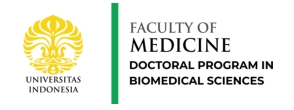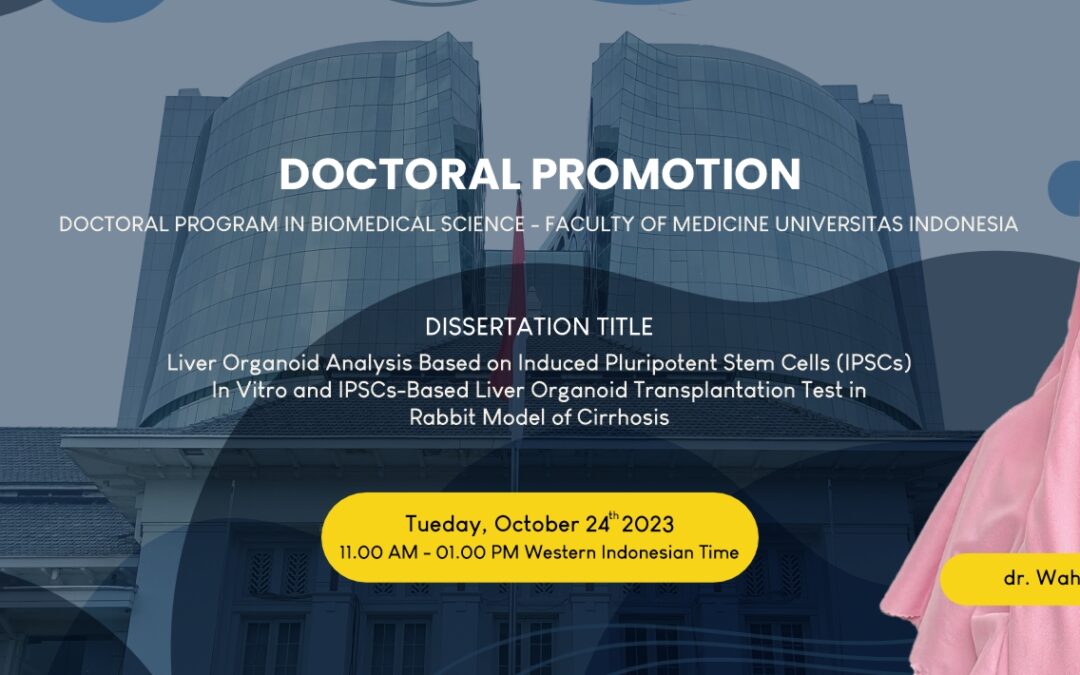By: Dr. dr. Wahyunia Likhayati Septiana, M. Biomed
October 24, 2023 – Recent research in the field of regenerative medicine brings new hope in the therapy of irreversible liver diseases. The liver, a complex organ with a variety of important functions, is increasingly becoming a focus of research as the prevalence of liver disease continues to increase, causing millions of deaths each year worldwide.
In an effort to find alternative therapeutic solutions for liver disease, this research has used the latest breakthroughs in stem cell technology. Using induced pluripotent stem cells (IPSCs) as a stem cell source, the research team has developed liver organoids with an innovative co-culture approach. These liver organoids may support short-term liver function, opening the door to the possibility of more effective treatments for patients with significant liver damage.
IPSCs have the advantage that they can be obtained from the patient’s own adult cells, reducing the risk of rejection and problems associated with transplantation. This research succeeded in creating liver organoids by using decellularized liver scaffolds and culturing them with hepatocyte stem cells derived from IPSCs, mesenchymal stem cells from umbilical cords, hepatic stellate cell lines (LX-2), and human hematopoietic stem cells (CD34+). The results showed that the decellularization method was effective in removing cells from liver tissue, leaving behind the extracellular matrix.
Testing on decellularized rabbit liver as a scaffold for liver organoid culture showed promising results in improving its viability and function. This study aims to develop human liver organoids with the use of decellularized liver scaffolds to maintain hepatocyte viability and functionality, as well as evaluate immune cell-mediated responses.
This research involved 18 3 month old white rabbits who were divided into four experimental groups. The results of survival analysis using the Kaplan-Meier method showed that transplantation of cocultured human liver organoids in decellularized liver scaffolds could support animal survival and liver function in the short term. The short-term group showed improved liver function compared with the long-term group.
This study provides new hope in the therapy of irreversible liver diseases, although challenges such as long-term function and liver organoid rejection still need to be overcome. However, advances in the field of regenerative medicine are opening the door to more effective and sustainable therapies for patients with liver disease.

